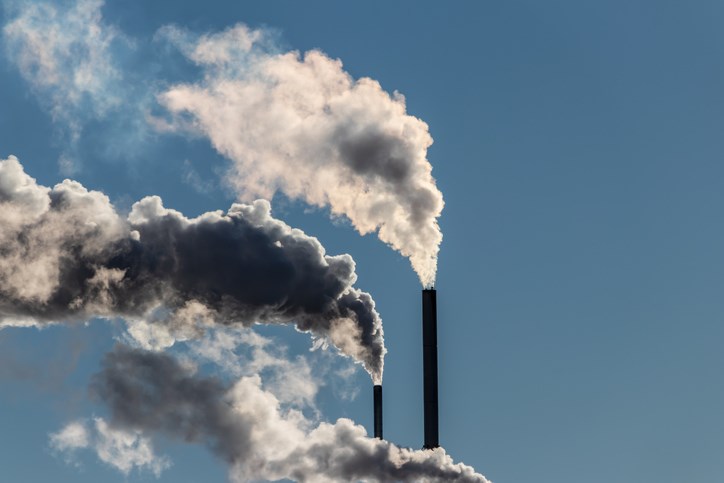In 1833, the British economist William Foster Lloyd introduced the concept of the tragedy of the commons using a hypothetical example of unregulated grazing on common ground in Great Britain and Ireland.
The term tragedy of the commons became widely known in economic circles a century later through an article written by Garret Hardin.
It describes a situation in which individual users gain unhampered access to a resource without formal rules. Each user acts independently according to their own self-interest and contrary to the common good of all the users. The result is the depletion of the resource to the disadvantage of all.
This way of thinking about the tragedy of the commons is about the consumption of a resource. As the original essay pointed out, overgrazing by livestock eventually leads to land which is no longer able to sustain the growth of grass or grain and everyone loses.
Skip ahead to the 21st century and we have our own version of the tragedy of the commons. It is not about over-grazing or the uncontrolled exploitation of resources. Rather it is what we are putting into the atmosphere.
Carbon dioxide is being dumped into the atmosphere without consideration for other users. Individuals act according to their own self-interest and contrary to the common good of all users. When I say individuals it does extend down to singular individuals within modern society. But the tragedy can also be considered at the level of the nation state.
I don’t know how many times I have heard someone make the argument that Canada is a minor player – “we only contribute two per cent of the overall carbon emissions” – so we can’t do anything about the problem. That is like the goatherd who says “but I only have a few animals so what harm can they cause?”
In the case of carbon dioxide, it is not strictly a “resource we are using up” but the finite carrying capacity of the atmosphere for carbon dioxide and a finite tolerance for changes in the atmospheric temperature at the surface of the planet. We are definitely using up the atmospheric capacity.
In a few weeks, world leaders will once again meet to discuss climate change and the actions necessary to bring it under control. COP26 in Glasgow will be the latest in a series of international gatherings with the intent of trying to develop a common good with respect to carbon dioxide emission. An understanding we can’t all act in “our own self-interest.” We must act in the best interest of everyone.
Yes, the argument could be made that Canada is a minor player but Canada and Mexico produce greenhouse gas emissions comparable to the entire continent of Africa or South America.
Whenever I discuss the issue invariably someone points out that we can’t destroy our economy just to save the planet. Really? The economy depends upon having a healthy planet with the resources to sustain our lifestyle. Without a healthy planet, we will all start to starve. Just as the grazing of common land led to the death of livestock and starvation for the people dependent upon the animals for food.
The issue is also one of the “tragedy of the horizon.”
It is hard to be concerned about future events. And the further in the future, the easier it is to dismiss the concerns. When Svante Arrhenius pointed out in 1896 that the combustion of fossil fuels would lead to changes in the carbon dioxide levels of the atmosphere, his ideas were dismissed by the scientific community.
The consensus was that it would take a very long time before it became an issue.
We now know Arrhenius was right. Carbon dioxide levels have increased from pre-industrial levels of 280 ppm to the present-day 414 ppm. And the increased carbon dioxide levels have driven a temperature change of 1.3 degrees. But it took 120 years – a time span hard for most people to grasp.
It is time for politicians and business leaders to get past four-year election cycles and address the tragedy we are facing before it is too late.



